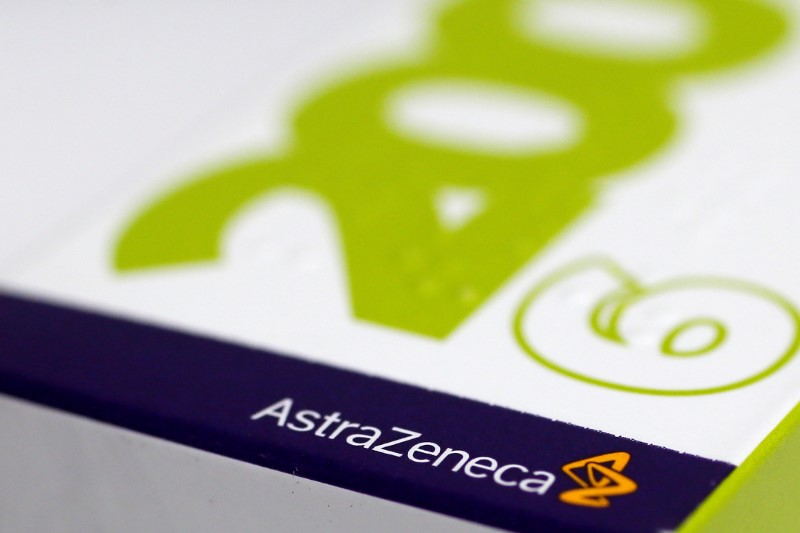BofA update shows where active managers are putting money
Investing.com -- AstraZeneca’s (LON:AZN) experimental drug baxdrostat lowered blood pressure in patients with hard to treat hypertension, according to late-stage trial data released on Monday, sending its shares up.
In the Phase III BaxHTN trial, patients receiving 2mg or 1mg doses of baxdrostat once daily saw a meaningful drop in systolic blood pressure compared to those on placebo, all while continuing standard treatments.
The effect was measured at 12 weeks and was described as both statistically significant and clinically meaningful. The trial also met all its secondary goals.
Baxdrostat was tested in 796 adults with either uncontrolled hypertension, blood pressure that stays high despite taking two or more medications, or resistant hypertension, where blood pressure remains high despite three or more treatments including a diuretic.
Patients were randomly assigned to receive either of the two baxdrostat doses or a placebo.
Besides the main result, researchers also measured how many participants reached a systolic blood pressure below 130 mmHg, as well as the effects on diastolic blood pressure and reported side effects. The drug was generally well tolerated, with a favorable safety profile.
AstraZeneca said about 1.3 billion people worldwide live with hypertension, and nearly 50% of patients in the U.S. taking multiple blood pressure drugs still don’t have the condition under control.
High blood pressure, when left untreated, can increase the risk of heart attack, stroke, heart failure, and kidney disease.
Baxdrostat works by blocking an enzyme involved in producing aldosterone, a hormone that can raise blood pressure by causing the body to retain salt and water.
Researchers have linked abnormal aldosterone levels to treatment-resistant hypertension. Unlike some treatments, baxdrostat lowers aldosterone without affecting cortisol, another vital hormone.
Dr. Bryan Williams, chair of medicine at University College London and the trial’s lead investigator said the results are encouraging for patients who struggle with blood pressure despite taking multiple medications, and that adding baxdrostat could help reduce it further.
The trial also included a follow-up period to assess the persistence of the drug’s effect.
In one part of the study, 300 patients on 2mg of baxdrostat were re-randomized to continue the drug or switch to placebo for eight more weeks. Long-term safety will be tracked through 52 weeks.
The results will be shared with health regulators and presented at the European Society of Cardiology Congress in August 2025.
Baxdrostat is one of several drugs AstraZeneca is developing in cardiovascular, renal, and metabolic disease areas.
The company gained rights to the drug in 2023 after acquiring CinCor Pharma in a deal worth up to $1.8 billion.
A $10-per-share bonus may be paid to CinCor shareholders if a new drug application is filed in the U.S. or Europe.
